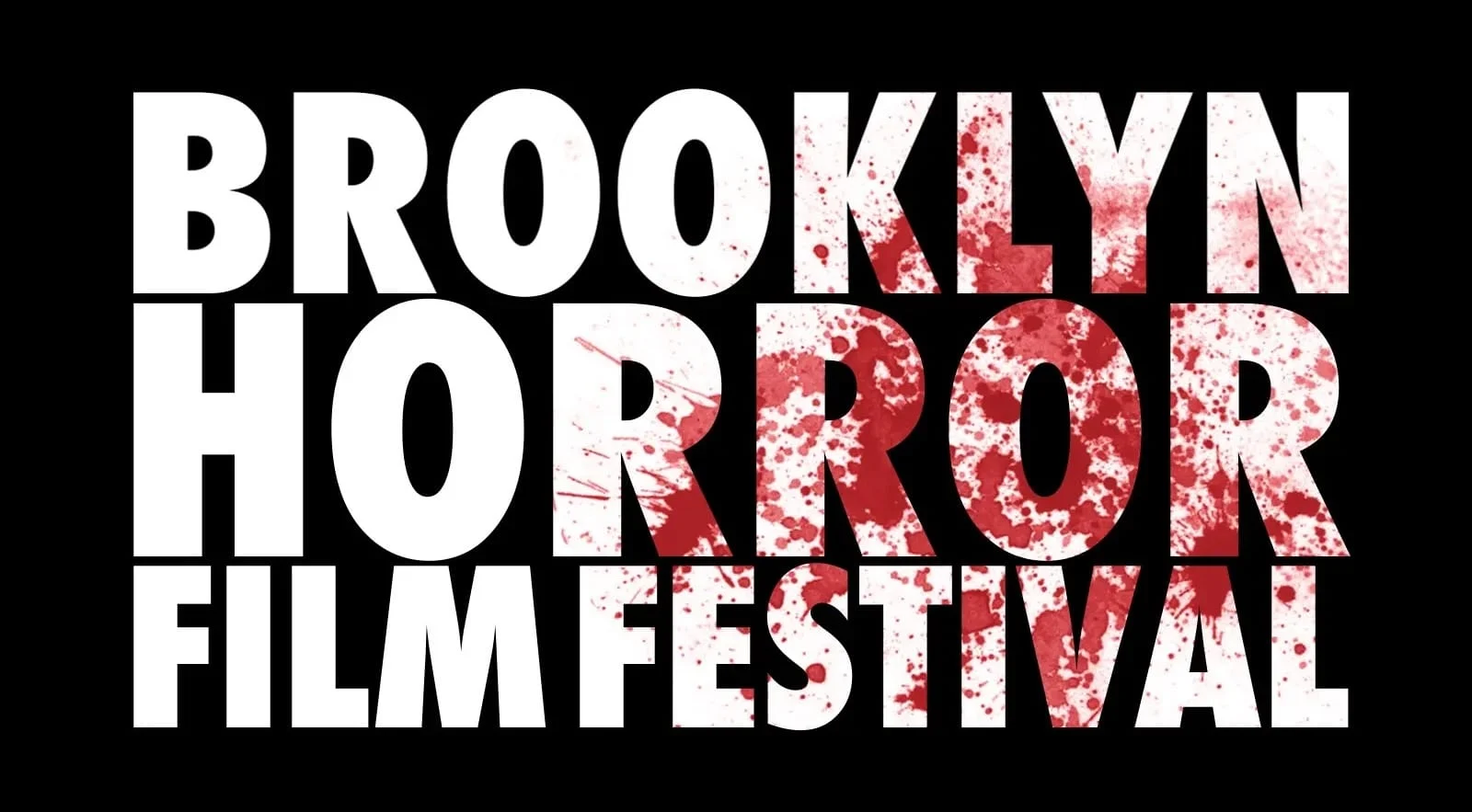


The drive to create can be a powerful force in life, oftentimes fueling people to bring into the world magnificent works of art. However, the desire to find that drive in oneself can be a destructive thing if approached incorrectly, leading us down a horrid path not towards discovery and inspiration but to absolute ruin. Ramsey Fendall and Deanna Milligan’s Lucid is a surreal and hypnotic examination on how to harness that creative urge and guide it towards inspiration and how that can all go horribly wrong.

Mia is in deep shit. Barely making it in a prestigious art school and trapped at a dead-end mundane job, she is given one week by an uppity professor to prove that she has what it takes to stay in the program. Desperate to prove she can create the art she knows she is capable of doing, she hears of a local eccentric psychic who can supply struggling artists with an elixir allowing its users to dream lucidly and find inspiration into whatever landscape they navigate internally. What Mia finds, however, is nightmarish labyrinth where her past trauma makes itself even more apparent and begins to manifest in increasingly realistic and terrifying ways.

Now, off the bat, this film uses “trauma as a source of horror”, a tired trope at this point, as a central theme. The difference with this Lucid is that Mia’s childhood pain is simply the root of what’s wrong in this film: the nebulous and overwhelming urge to create but having no idea how to go about doing so. Mia has a passion, a burning drive to bring art into the world but clearly has no idea how to throw a yoke around that monster and force it make something palpable. There’s a horror in that, in wanting to create but having no idea how to do so. Mia’s life is consumed by it, driven mad by it even, willing to do anything to focus that drive and do what she believes she is meant to do. This coupled with “trauma as horror” sets it apart from the pack of modern horror films seeking to use the same device.

The visuals in this film are, to say the least, borderline psychotic. I mean that in the best way. Fendall and Milligan perfectly capture the feeling of something gradually but steadily slipping into a mental realm where they have no control over what is happening to them as their own internal hell is revealed to them, using in camera effects and bizarre set pieces to illustrate Mia’s deteriorating mental state.

This is a movie that needs to be seen and then seen again. It’s a commentary on the price creators pay for their talent and how far they’ll go to bring to life the creative vision they have in the mind and the tragic side effects of doing so. There’s a not-so-subtle message here (I think?) on using drugs as inspiration when creating art, but it’s nothing so overwhelming as to come off as preachy.




